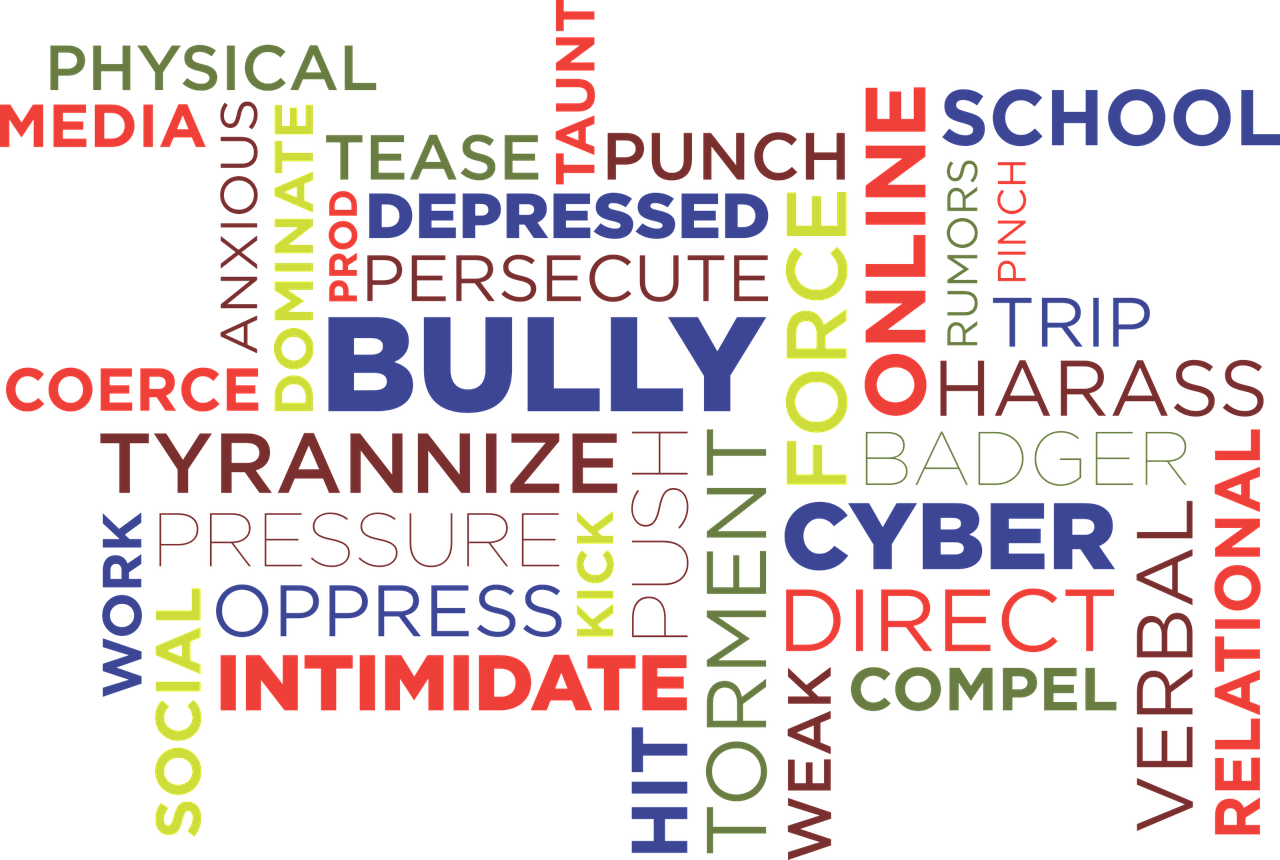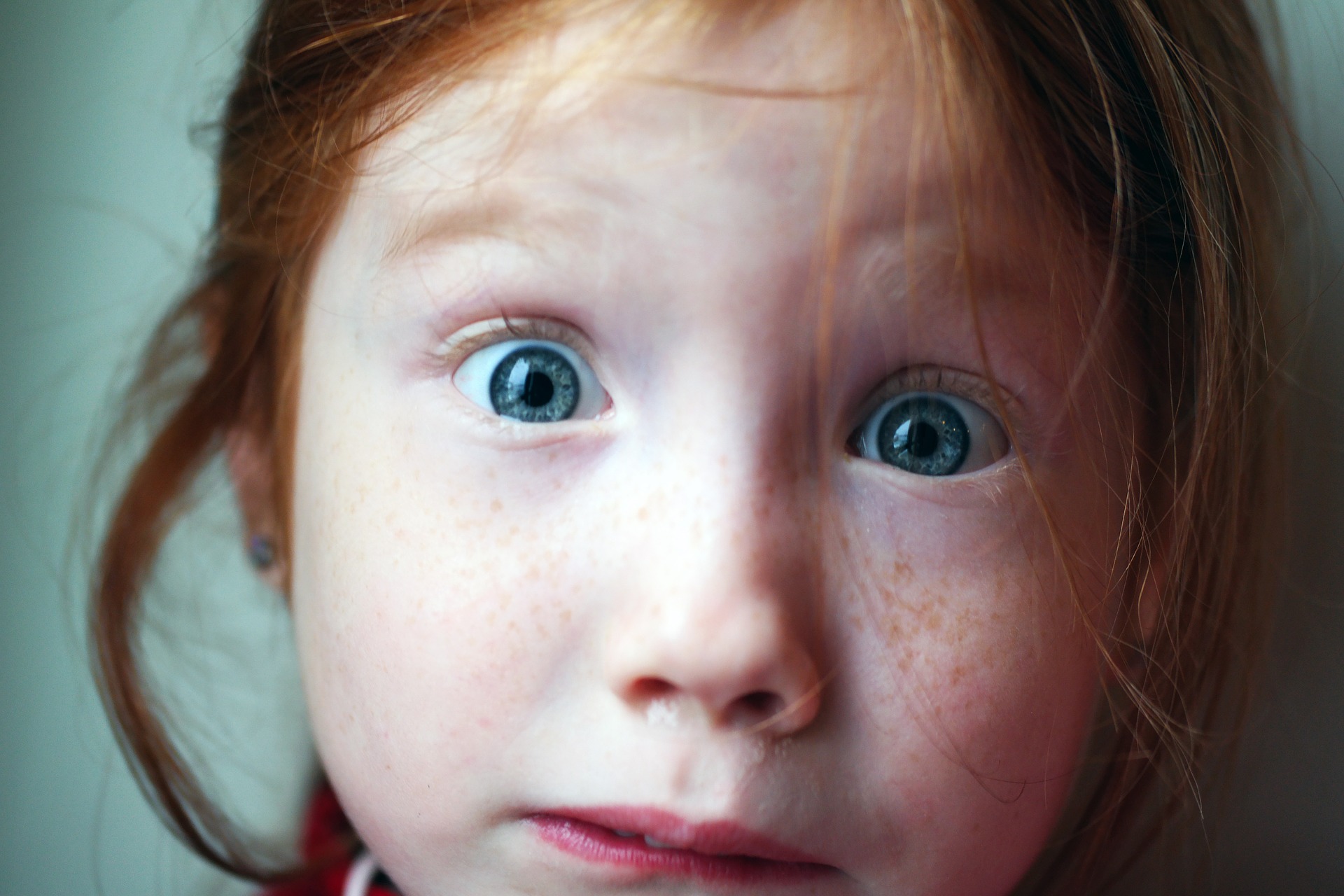Teen Suicide: Understanding the Risk and Getting Help
 Teenagers have their whole lives ahead of them, they’re often told. The idea that a teen could be thinking about ending that life might be hard for their friends, families, or other people in their community to believe.
Teenagers have their whole lives ahead of them, they’re often told. The idea that a teen could be thinking about ending that life might be hard for their friends, families, or other people in their community to believe.
But the risk of suicide should be on the radar of anyone who interacts with teens, says Dr. Jane Pearson, a mental health expert at NIH. Read more ›


 The teenage years are filled with change. Body, mind, and feelings are maturing quickly. Teens are also learning about who they are and who they want to become. To do that, they need to try new things. But that means taking risks.
The teenage years are filled with change. Body, mind, and feelings are maturing quickly. Teens are also learning about who they are and who they want to become. To do that, they need to try new things. But that means taking risks.
 Bullying is when a child tries to hurt another child physically or emotionally. Kids who bully use their power (like being popular or physically strong) to control or hurt others.
Bullying is when a child tries to hurt another child physically or emotionally. Kids who bully use their power (like being popular or physically strong) to control or hurt others. 
 The teen years can be a challenging time for young people and their parents. This fact sheet provides information on how parents can promote positive health outcomes for their lesbian, gay, or bisexual (LGB) teen.
The teen years can be a challenging time for young people and their parents. This fact sheet provides information on how parents can promote positive health outcomes for their lesbian, gay, or bisexual (LGB) teen. 
 In the culture of special needs parenting, certain types of disabilities push parents toward the edges. Those of us with mentally ill kids inch away from bright lights and parent support groups. Words stick in our mouths. We clear our throats, nodding as other parents discuss hard things. If their children cannot read, cannot walk, cannot hear — then at least they have not thrown an iPad through the screen of the television.
In the culture of special needs parenting, certain types of disabilities push parents toward the edges. Those of us with mentally ill kids inch away from bright lights and parent support groups. Words stick in our mouths. We clear our throats, nodding as other parents discuss hard things. If their children cannot read, cannot walk, cannot hear — then at least they have not thrown an iPad through the screen of the television. 
 Bullying, particularly in early childhood, is best explained through the theory of
Bullying, particularly in early childhood, is best explained through the theory of 
 News about catastrophic events, natural disasters, crime reports, and terrorist threats can have a profound emotional impact on children. Younger children, especially, are vulnerable in the wake of traumatic events and may experience stress, anxiety and increased fearfulness long after the event has passed. Your support can help your children process these emotions and help them manage their fear and anxiety.
News about catastrophic events, natural disasters, crime reports, and terrorist threats can have a profound emotional impact on children. Younger children, especially, are vulnerable in the wake of traumatic events and may experience stress, anxiety and increased fearfulness long after the event has passed. Your support can help your children process these emotions and help them manage their fear and anxiety. 
 When a child is scared of the dark or being left alone, it can be hard for adults to know the difference between an age-appropriate fear and full-blown anxiety. This podcast episode from NPR is full of tools to help parents better understand and manage their child’s “worry brain.”
When a child is scared of the dark or being left alone, it can be hard for adults to know the difference between an age-appropriate fear and full-blown anxiety. This podcast episode from NPR is full of tools to help parents better understand and manage their child’s “worry brain.” 
 written by Liza Bennigson, Associate Director of Marketing and Communications
written by Liza Bennigson, Associate Director of Marketing and Communications
 Research shows that parents and caregivers who spend at least 15 minutes a day talking with their children or teens help build strong relationships, and prevent bullying. SAMHSA’s free KnowBullying app will help you boost your children’s confidence, resilience, and build effective strategies for facing bullying.
Research shows that parents and caregivers who spend at least 15 minutes a day talking with their children or teens help build strong relationships, and prevent bullying. SAMHSA’s free KnowBullying app will help you boost your children’s confidence, resilience, and build effective strategies for facing bullying. 

